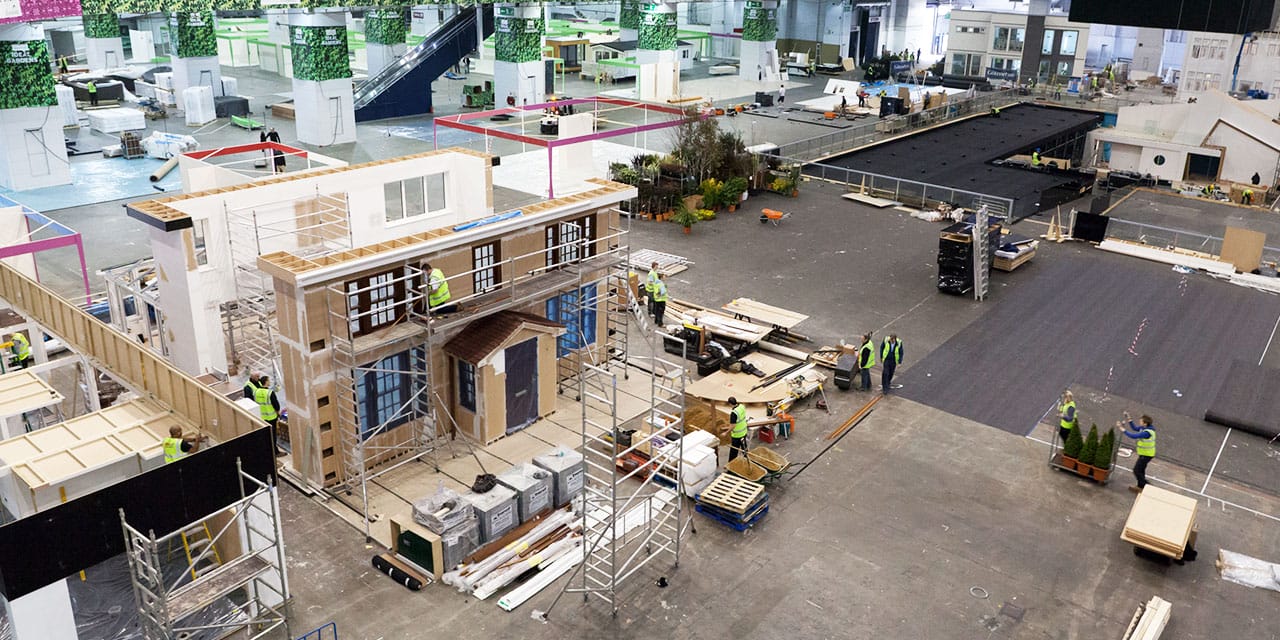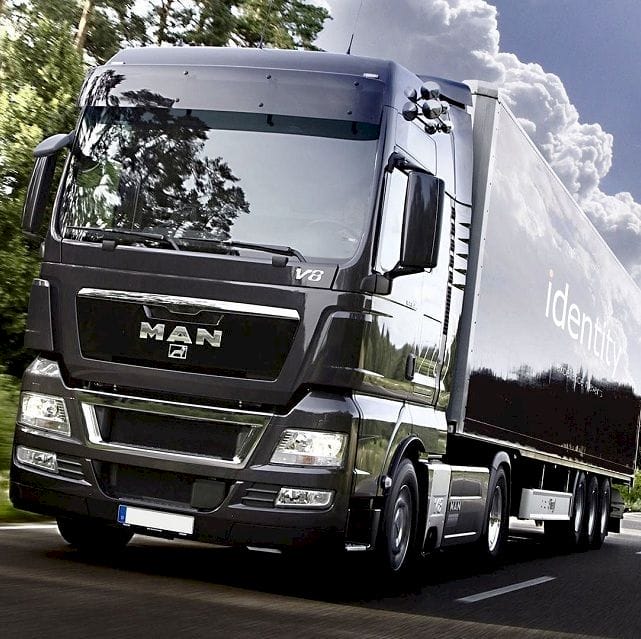The Essential Live Events Checklist For #EventProfs
Successfully delivering an event takes thorough preparation and planning. At first this can seem overwhelming, but it’s vital that you identify every detail that will need to be organised and how long you have to solve each task. In this article, we share our top 7 points in our events checklist, all of which are essential for events professionals to follow.
1. Logistics
Familiarise yourself with your chosen venue and surrounding area. Be sure to research travel and accommodation arrangements for all key stakeholders, including your company, suppliers and clients, and plan how and when you will arrive at the venue.
If you will be arranging meetings with clients and visitors, make sure that you have researched and booked venue meeting areas, or identified suitable bars, cafés or restaurants. You will need to be prepared before the day of the event to ensure that first impressions with potential leads are positive and that your meetings run seamlessly.

2. Stand Location
Choosing the right stand location at your event is a crucial factor to take into consideration when planning the show. Grab a floor plan of the exhibition hall at the earliest opportunity. Consider carefully all the key aspects that are important when it comes to securing the best possible stand experience, including:
- Size of the stand space
- Where it’s located within the venue
- The distance from the entrance and exits
- How much walk-by footfall you can expect
- Proximity to footfall drivers, such as cafes or the stands of major brands
- Proximity to competitor stands
- Physical obstructions such as pillars or walls
- If internet connectivity is important, evaluate WIFI strength at your location
3. Budget
Planning your budget and having a good understanding of all costs is an essential aspect of good event planning. Even the very best strategies are subject to change – as they say, expect the best and plan for the worst – so it pays to always be aware of how far your money will stretch. Moreover, it’s impossible to determine return on investment (ROI) without knowing what that investment is.
While you want to avoid cutting too many corners, small savings can add up, and deliver a legitimate saving to your business. Where you can, always look to print documents yourself, such as name badges, brochures and competition slips. Invite local college students to help out with photography and filming – it’s good, practical experience for them and a great cost cutter for you. Where possible (and only if the material is still relevant), recycle and re-use literature from previous events. These small adjustments can make a big difference when it comes to budgeting for your event.
4. Plan Ahead
Once your stand design concepts have been finalised, be sure to liaise with key suppliers and other third parties as far in advance as possible. Pre-arrange all shipping so that you don’t get caught out nearer to your event day. Double-check orders and delivery times ahead of schedule. Fully brief all staff members attending your show, making sure they are aware of all expectations and targets, and have a good understanding of the event.
5. International Exhibitions
If your event is abroad, do some research on any local etiquettes, customs and laws. It’s incredibly important to portray your brand in a positive light in front of other companies and visitors, and you want to avoid any embarrassing hiccups when you’re at the show!
Have a good understanding of local currency, and thoroughly research backup suppliers in the area. This will allow you to address unexpected logistical issues and costs as quickly as possible, helping your event experience run smoothly.

6. Backup Your Backups
Make sure you have backups of all your key information, including print and electronic copies of essential documents such as stand plans, travel details, supplier details, client information and attendee lists. Keep all receipts safe during the event and where possible make photocopies. Take digital photographs of anything you don’t want to forget, or download an app to scan in important papers directly to your phone.
7. Collect Feedback
With careful planning you can massively increase the chances that your event will be a success, but there is always room for improvement. It’s important to collect feedback and information from your stand visitors to measure the impact of your stand and your business’s presence at the show.
A good way to encourage this is through incentivisation. Incorporate feedback forms into competitions or giveaways to entice people to share their opinions. This is a win-win scenario – you collect much-needed insights, and entrants get a chance to win a prize.
Conclusion
By following these tips, you can avoid any issues early on and ensure that your event runs seamlessly and successfully. If you would like to see how Identity can help you with your next event, please contact us by phone on 01323 469111 or email us at letstalk@identitygroup.co.uk.









